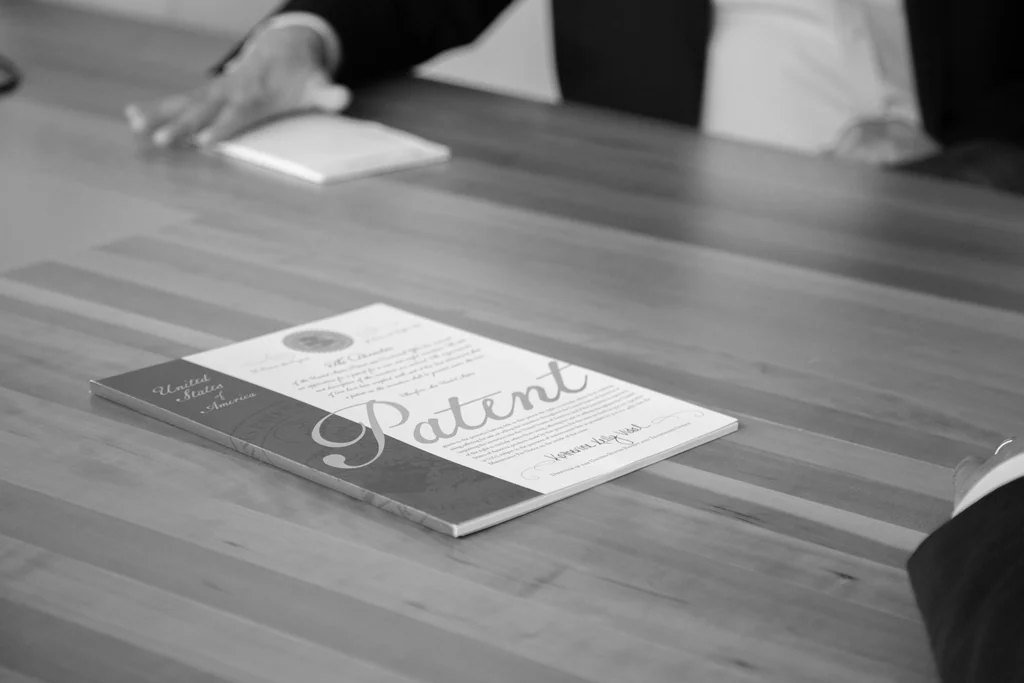Appellate court lowers the bar
When most people think about what it takes to qualify as “exceptional,” they probably imagine a fairly high bar. That’s not how the U.S. Court of Appeals for the Seventh Circuit sees it, though — at least when it comes to the standard for awarding attorneys’ fees to prevailing defendants in trademark litigation. In a recent trademark law case, the court joined most federal courts of appeal in applying a looser test in the wake of a 2014 U.S. Supreme Court ruling, which had arisen in a patent case.
District court denies fee request
The Seventh Circuit’s decision arose out of a dispute between two hotel owners. LHO Chicago River, LLC, owns a hotel in downtown Chicago that became “Hotel Chicago” after a branding change in February 2014. Around May 2016, the defendants opened a hotel with the same name just three miles from the LHO property.
LHO sued the defendants for trademark infringement but eventually voluntarily dismissed its claims with prejudice (meaning it couldn’t sue on those claims again). The defendants asked the trial court to award it attorneys’ fees.
The federal trademark law, the Lanham Act, allows a court to award such fees to the prevailing party in “exceptional cases.” The trial court found that LHO hadn’t brought an exceptional case that warranted attorneys’ fees. The defendants appealed.
Appellate court has reservations
The trial court had applied the Seventh Circuit’s previous standard for determining if a case is exceptional; that is, whether the decision to bring the trademark infringement claim constituted an abuse of process. Under this standard, an abuse of process occurs when:
- A claim is objectively unreasonable because it’s one that a rational party would pursue only to impose disproportionate costs on the opposing party, or
- A party brings a frivolous claim to obtain an advantage outside of the litigation, unrelated to securing a favorable judgment.
The question on appeal was whether the Court of Appeals should continue to apply this standard or follow in the footsteps of its sister circuit courts that adopted the looser standard articulated by the Supreme Court in Octane Fitness, LLC v. ICON Health & Fitness, Inc.
That case was brought under the federal Patent Act, which has the same attorneys’ fee provision as the Lanham Act. The Supreme Court held that an “exceptional case” is one that stands out from others in terms of:
- The substantive strength of a party’s position, in light of both the relevant law and the case facts, or
- The unreasonable manner in which the case was litigated.
The Supreme Court instructed courts to consider the totality of the circumstances. It identified several nonexclusive factors courts should evaluate, including frivolousness, motivation and objective unreasonableness (in the factual and legal components of the case). In certain circumstances, courts might consider the need to advance considerations of compensation and deterrence, too.
The Seventh Circuit determined that the Octane Fitness test also should apply to the Lanham Act’s attorneys’ fee provision. The abuse of process standard, it concluded, was too rigid because it essentially required a showing that the opposing party acted with “ill motive.”
Lower court to check in again
Having adopted a more relaxed standard than the trial court applied, the Seventh Circuit vacated the denial of attorneys’ fees and sent the case back to the lower court. It will now be up to that court to determine whether a fees award is appropriate under the new test.
LHO Chicago River, LLC v. Perillo, No. 19-1848, Nov. 8, 2019, 7th Cir.

